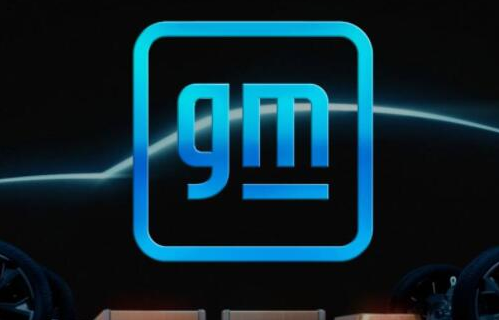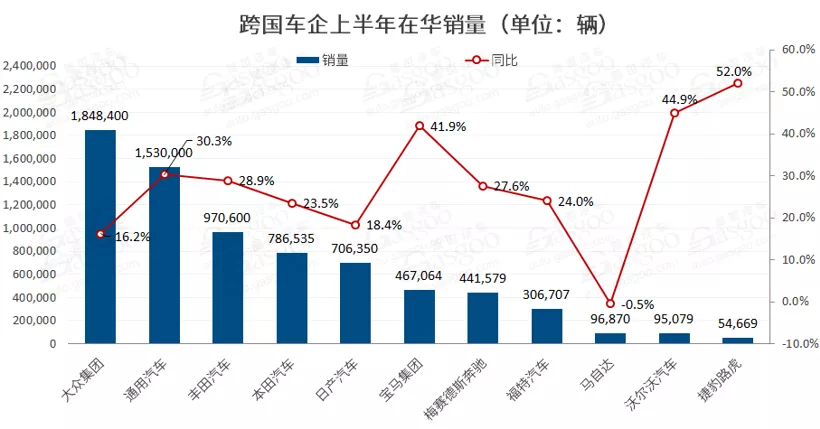In addition to Weibo, there is also WeChat
Please pay attention

WeChat public account
AutoBeta


2024-11-15 Update From: AutoBeta autobeta NAV: AutoBeta > News >
Share
AutoBeta(AutoBeta.net)09/03 Report--
Recently, the global automobile has encountered the universal problem of "lack of core". Many automobile enterprises have announced production suspension or production reduction due to chip supply interruption, especially for multinational automobile enterprises, which are more affected.
GM announced that it will suspend operations at most North American plants from next Monday due to a global chip shortage and will make further adjustments based on supply chain progress, according to the Financial Union. GM said it would shut down all its North American plants on Monday, except for capacity at its Arlington, Texas assembly plant, which makes high-margin size SUVs, its Flint assembly plant, which makes heavy trucks, Bowling Green, which makes Corvette sports cars, and some Lansing assembly plants, such as the Chevrolet Camaro. GM spokesman Dan Flores said some plants will still repair or deliver unfinished cars to dealers during the shutdown to meet strong consumer demand for the company's products. Despite the complexity of the situation, the company will try to find creative solutions to minimize the impact on those models with high demand but limited capacity. Flores said the shutdown change was based on current information and it was impossible to speculate on whether there would be further announcements next week or a further expansion of the affected area.

Volkswagen and General Motors are the top two in China, according to sales figures for the first half of 2021 released by multinational auto companies in July. Data show: GM China cumulative sales of more than 1.53 million vehicles, an increase of 30.3% year-on-year. Buick, Chevrolet, Cadillac cumulative sales in the first half of the year: 449,000, 127,000, 121,000 respectively, Wuling and Baojun cumulative sales in the first half of the year for 138,000 and 693,000. It can be seen from the data that GM's brands, except Cadillac, sold less in the second quarter than in the first quarter, and speculation that GM was affected by a shortage of chips in China, supplying limited chips to Cadillac with larger profit margins.

GM's actions over the lack of cores epitomize the entire auto industry, with Ford announcing Wednesday that its star F-150 pickup truck plant was shutting down or cutting shifts because of chip supply problems. Earlier, there were media reports that an assembly line at Toyota's Guangzhou factory in China had been suspended. In the past year, the lack of core has been affecting the production planning of vehicle manufacturers. As early as January this year, Toyota suspended the production task of GAC Toyota's third production line due to the shortage of semiconductor chips, affecting the succession of its cars and SUV models. The suspension of Toyota cars due to semiconductor chips will have a certain impact on production and sales. Nissan cars and Honda cars are also affected by the shortage of semiconductor chips. According to the latest data disclosed by SAIC Group, SAIC Volkswagen's production and sales volume has been cut for two consecutive months, and the reason for the cut in production and sales is largely because the shortage of chips limits production capacity and can only temporarily supply limited chips to higher-profit models. In August, the Malaysian state implemented lockdown measures to stop the spread of coronavirus, and the shutdown of many chip manufacturers 'factories in Malaysia undoubtedly exacerbated the shortage of semiconductors and other components.

It is not difficult to see that the lack of core has affected the world's major automobile manufacturers, many automobile enterprises because of the shortage of semiconductor chips, automobile production and sales are limited. In the short term, the chip shortage problem will continue to affect the automotive industry. According to data recently released by the German Automotive Research Center, this year's "lack of core" problem will lead to a global reduction of at least 5.2 million passenger cars, and this number will further expand to 8.1 million from 2021 to 2023. Some analysts expect the chip shortage to continue until 2023.
Welcome to subscribe to the WeChat public account "Automotive Industry Focus" to get the first-hand insider information on the automotive industry and talk about things in the automotive circle. Welcome to break the news! WeChat ID autoWechat
Views: 0
*The comments in the above article only represent the author's personal views and do not represent the views and positions of this website. If you have more insights, please feel free to contribute and share.











© 2024 AutoBeta.Net Tiger Media Company. All rights reserved.